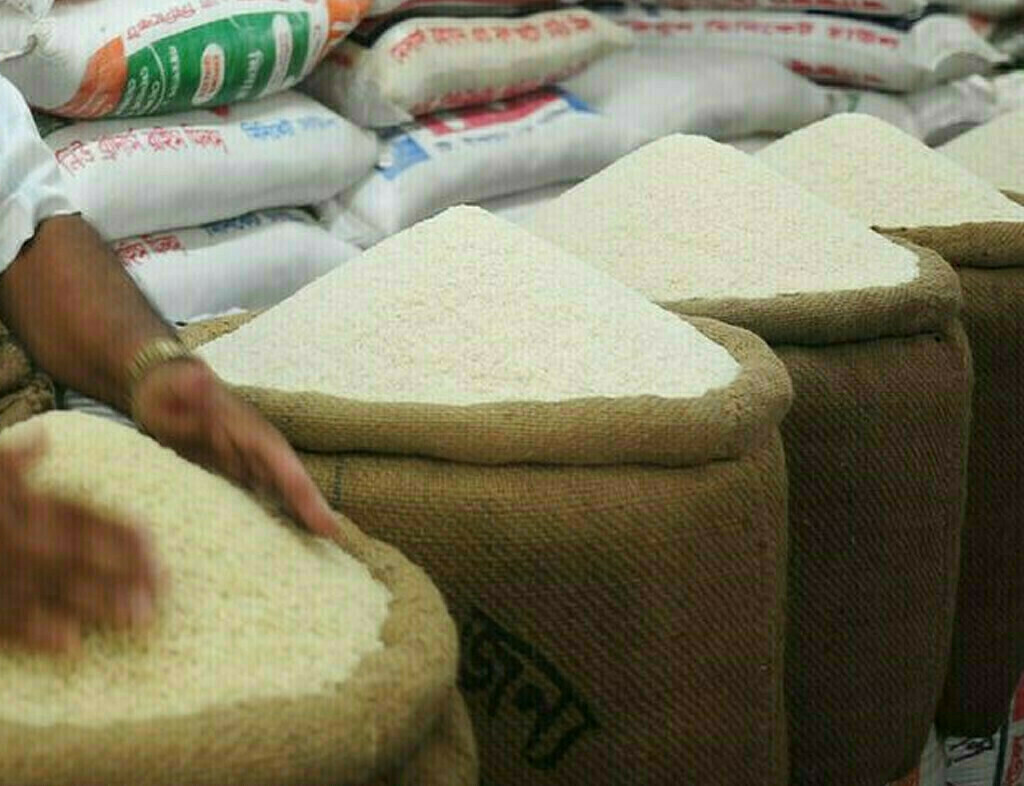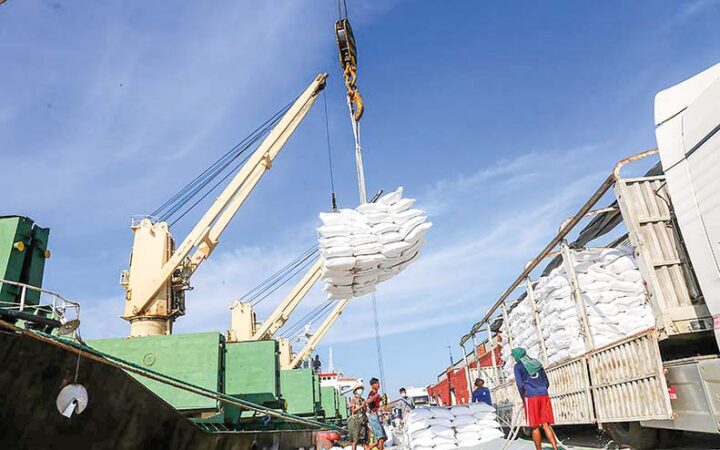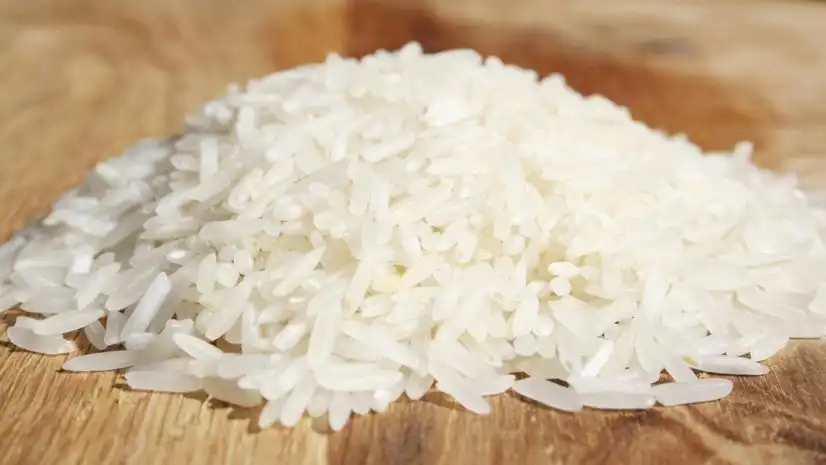Tags
Philippine rice inflation hits highest level since 2009
Overall price growth down but global conditions cause food costs to climb.

Farmers plant rice seedlings that are part of a breeding program for late-maturing varieties, at the International Rice Research Institute, in Los Banos, Laguna province, Philippines on Jan. 18, 2023. © Reuters
MANILA — Rice prices in the Philippines continued to rise in January despite slowing overall inflation, with El Nino and India’s export ban promising to exacerbate the trend in the coming months.
Rice inflation hit 22.6% last month, its highest mark since March 2009, according to the country’s statistics agency. Meanwhile, January inflation declined to 2.8%, slower than the 3.9% for December and 8.7% a year earlier, the agency said on Tuesday.
Core inflation, which excludes volatile items such as fuel, stood at 3.8% in January, lower than the 4.4% logged in December.
Rice inflation has climbed in recent months due to price increases on the global market. The statistics agency said base effects were pushing up rice prices, noting that prices were “relatively low” in the first seven months of 2023.
President Ferdinand Marcos Jr. attempted to contain soaring rice prices by implementing a cap in September but quickly removed the measure as prices continued their march.
Domini Velasquez, chief economist at China Banking Corp. in Manila, said rice prices are likely to remain high in the coming months.
“Rice inflation has remained in double-digit territory since September, and there is little relief in sight as global prices remain high,” Velasquez told Nikkei Asia. “This situation is expected to persist in the first half of the year due to the effects of El Nino and India’s ban on certain rice exports, which have contributed to the increase in global rice prices.”
The Philippines’ agriculture department reported on Jan. 30 that droughts and other adverse weather related to El Nino damaged 4,738 tonnes of rice, affecting 2,602 farmers in Western Visayas and Zamboanga, and causing $1.94 million in losses. Philippine authorities project at least 65 provinces will experience severe drought until the second quarter.
Marcos recently visited Vietnam where he signed an agreement to import more than 1 million tonnes of rice per year for five years at stable, modest prices.
Velasquez pointed out poor households have been hit hard by expensive rice, with low earners forced to spend outsized percentages of their income on the grain. “In light of these challenges,” she said, “the government may need to consider intervening by subsidizing rice costs for low-income households to alleviate poverty and address issues of hunger.”
https://asia.nikkei.com/Economy/Inflation/Philippine-rice-inflation-hits-highest-level-since-2009Published Date: February 6, 2024






